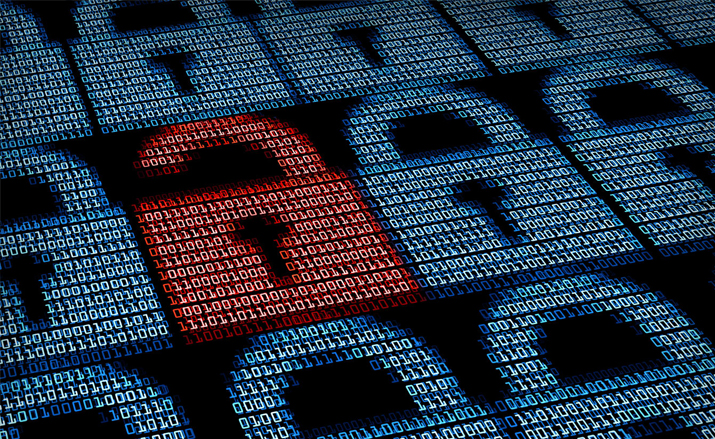

A data breach is the deliberate or accidental security incident in which information is gotten to entrusted place. Data breaches can affect business and consumers in a variety of ways. They are a costly expense that can damage lives and reputations and take time to repair. As technology is developing, more and more of information has been moving to the digital world. As result, cyber crime are increasing day by day.
According to Symantec, personally identifiable information such as full names, credit card numbers, and Social Security numbers was the most common form of data lost to data breaches in 2016, with personal financial information close behind. As per by Symantec, personally identifiable information, for example, full names, charge card numbers, and Social Security numbers was the most well-known type of information lost to information breaks, with individual’s financial information close behind.
Companies and organizations are extremely easy targets for cyber criminals because of a lot of information that can be captured all at once.
Cybercrime is a way to earn more money for the hackers and which for keeps on developing. Information breaks can happen for various reasons, including unintentionally, yet targeted attempts are typically carried out in these four ways
:Exploiting system vulnerabilities. If you are using a out-of-date software then it can create a hole that allows hacker to sneak malware onto a computer and steal data.
Weak passwords. Weak and insecure user passwords are easier for hackers to crack, especially when a password is comprised of whole words or phrase. This is the reason experts suggest to create a strong password using different letters, numbers and symbol.
Drive-by downloads. You could inadvertently download a virus or malware by basically visiting a compromised web page. A drive-by download will regularly exploit a program, application, or operating system that is outdated or has a security flaw.
Attackers use spam and phishing email strategies to attempt to the client into revealing user credentials, downloading malware connections, or directing users to vulnerable websites. Email is a typical route for malware to wind up on your PC. Avoid from opening any links or attachments in an email from a unfamiliar source. Doing as such can infect your PC with malware, remember that an email can be made to seem as though it originates from a confided in source, notwithstanding when it's definitely not.
To protect your identity, it's vital to find a way to ensure yourself and your own data. These steps can include:
Use strong and secure passwords. Utilize a complicated and one of a kind secret key for every one of your online records. Monitoring track of all those passwords can be difficult, but there are products, however there are products, that can help make this task easier to manage.
Screen your bank and other financial accounts. Check your accounts on a regular basis for unfamiliar activity. And, if the organizations offer activity alerts by means of content or email, it might bode well for you to agree to accept them.
Check your credit report. Do so regularly to check whether a thief has attempted to open another Visa or another account in your name. You're qualified by law for a free credit report from every one of the three noteworthy credit detailing organizations.
Take action as soon as possible. Make a move as quickly as time permits. If in case, that you see suspicious action, contact the financial institution promptly. If your information that your data was stolen in an information break, let them realize that, too.
Secure your phone. If your phone doesn't have a password, give it one. In spite of the fact that entering a password each time you utilize your telephone is monotonous, it gives a line of resistance if your gadget is lost or stolen. Consider all the data a criminal could access with your unprotected phone.
Use secure URLs. Legitimate sites start with https://. The "s" is key. This is particularly vital when entering Mastercard or other personal data. Back up your files and ensure their safety.
Wipe your hard drive. If you are reusing your old PC, ensure that you clear your hard drive preceding transfer. The same follows for your cell phones and tablets.